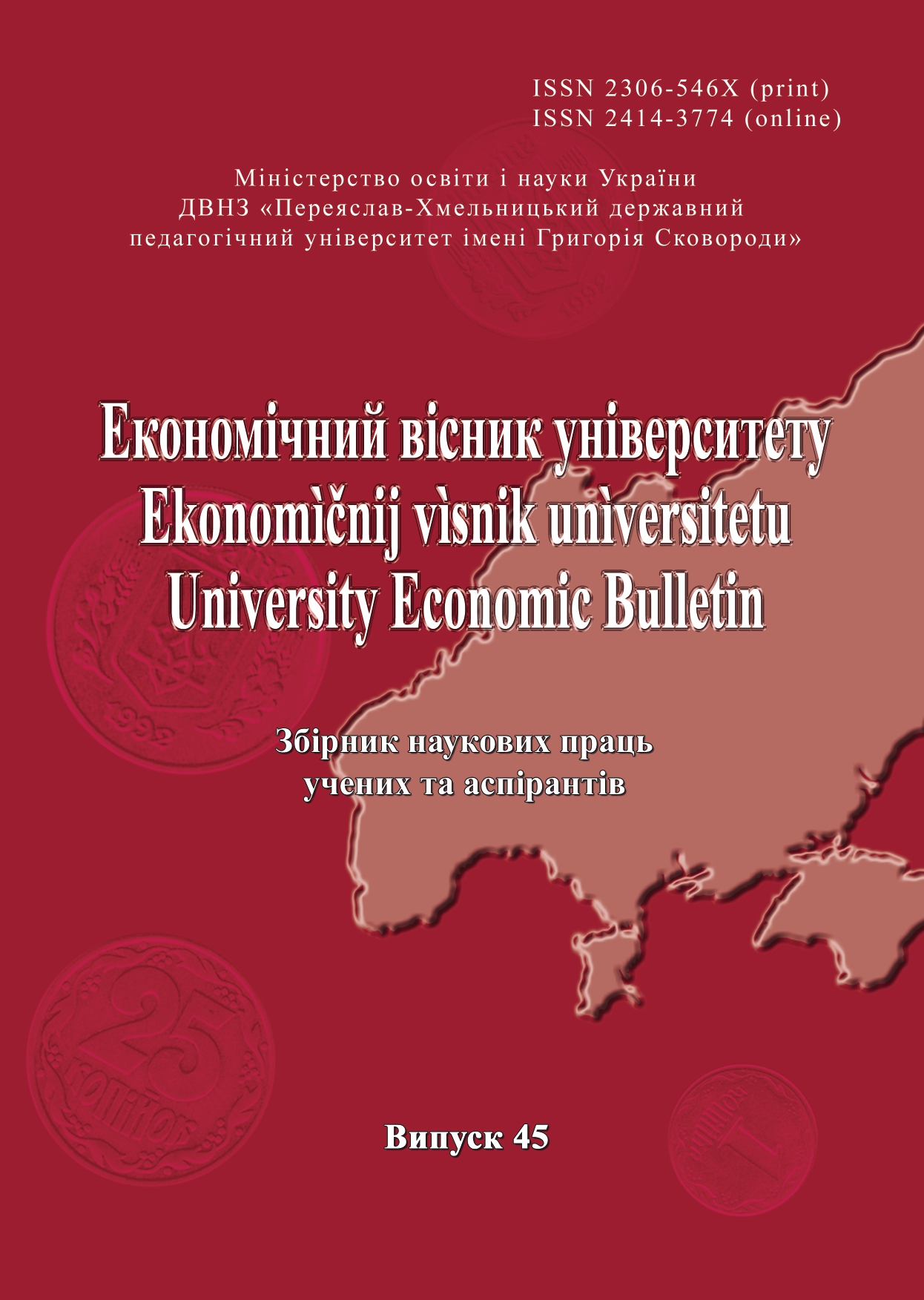Некоторые аспекты экономического взаимодействия развивающихся и развитых стран в рамках ЕС на примере Болгарии
Some aspects of economic interaction between developing and developed countries within the framework of the EU on the example of Bulgaria
Author(s): Mitko KhitovSubject(s): National Economy, Supranational / Global Economy, Regional Geography, EU-Approach / EU-Accession / EU-Development
Published by: Університет Григорія Сковороди в Переяславі
Keywords: Bulgaria; European Union; economic cooperation; developed economy; developing economy
Summary/Abstract: This article discusses the issues of economic interaction between countries with different levels of division of labor, for example Bulgaria, and objective opportunities for each of them to find their place in the economic systems of such supranational entities as the European Union. Historical parallels are drawn in the development of theories at different stages of the movement of economic thought in relation to systems of division of labor, starting from the physiocrats of the Middle Ages, through Adam Smith to the modern vision of the situation. The experience of Bulgaria in building its own national economy in the period after the Liberation from Ottoman rule to the present day is analyzed. A comparative analysis of the achievements of our state, as a member of the Council for Mutual Economic Assistance, against the development of neighboring countries, which, however, fell into an alternative system of division of labor. The processes that took place as part of the confrontation of two antagonistic technological zones during the Cold War are described, including some aspects of the dynamics of relations within the world socialist community, which at different periods had a different structure, own achievements and failures, missed opportunities and, ultimately - a capitulation from an order of magnitude larger economic system under the auspices of the United States of America. The author seeks Bulgaria’s place in the current EU integration processes, from the point of view of the objective regional differentiation of this peripheral Balkan state. Conclusions are drawn on the results of the interaction of countries with different levels of division of labor - developing states from Eastern Europe, and developed ones - the founding states of the Union, which form the core of this supranational association. The relevant recommendations are made on the implementation of strategic policies in the economy, education and social sphere for countries that aspire to enter the European Union or are already members as developing economies.
Journal: Економічний вісник університету
- Issue Year: 2020
- Issue No: 45
- Page Range: 158-162
- Page Count: 5
- Language: Russian

